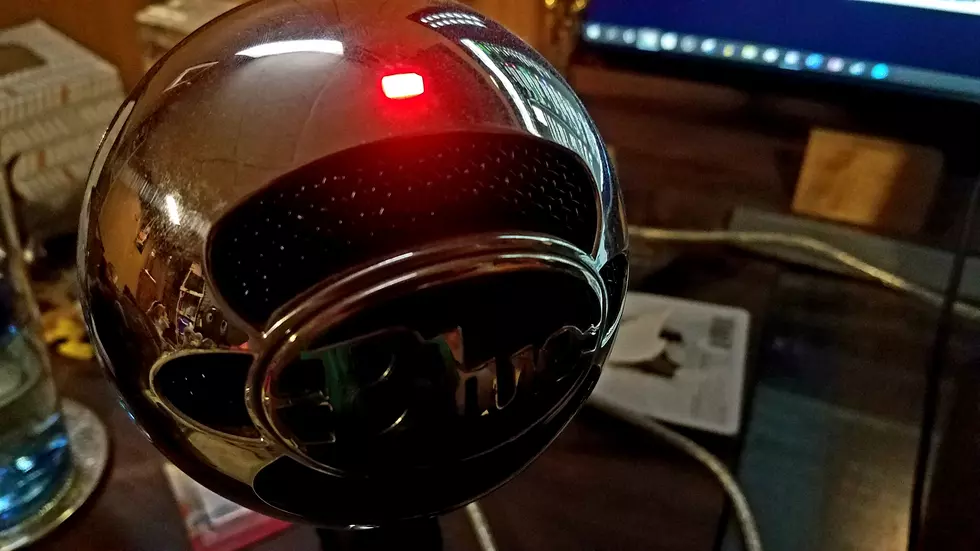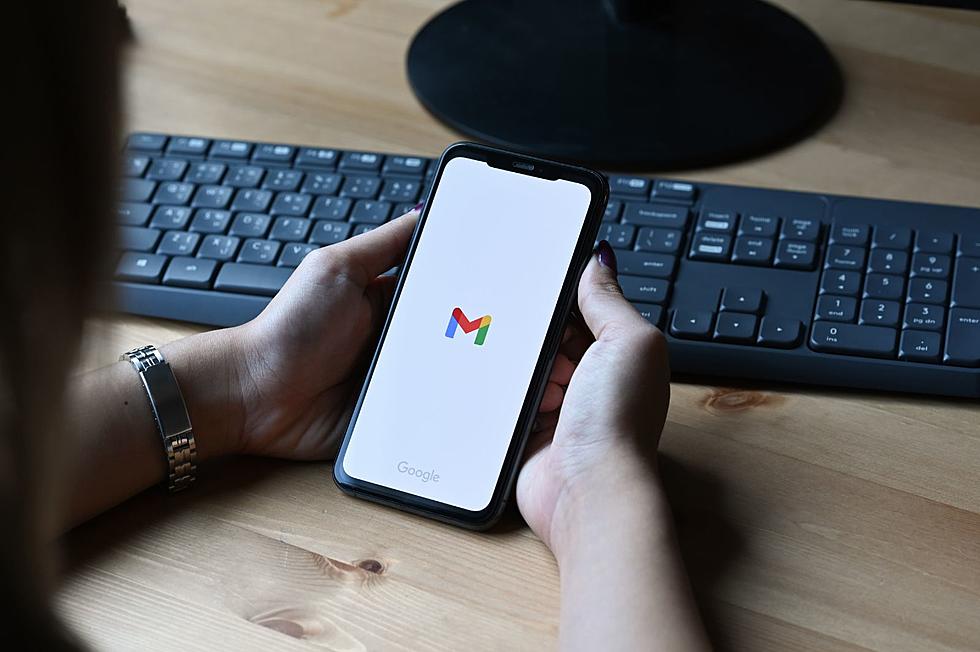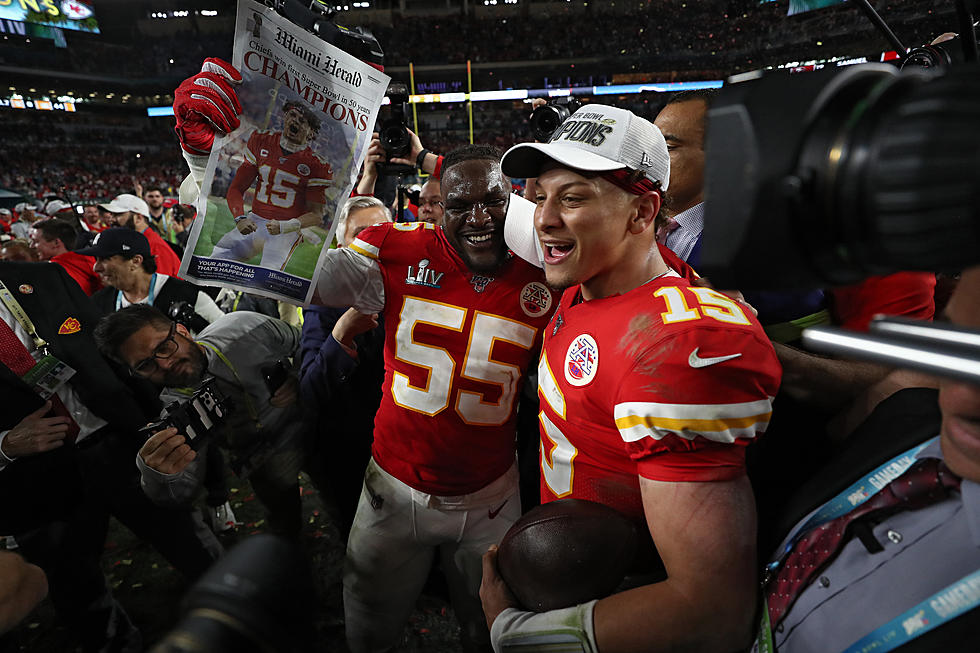
FTC Enforcement May Change What’s Available On YouTube
Increased enforcement of a law originally passed in 1998 may cause problems for content creators online, and limit what kids 12 and under may see.
On September 4, the Federal Trade Commission held a press conference announcing that it had just won a lawsuit against YouTube and its parent company, Google. According to the FCC, the website was liable for breaking a law known as the Child’s Online Privacy Protection Rule, or COPPA. According to the rule, content creators and the websites that host them are liable to fines for collecting personal information from children age 12 and under, including data such as usernames, cookies, and IP addresses.
During the press conference, representatives of the FTC announced that as part of the victory, YouTube would have to add new systems to ensure that content creators on their platform must state whether their videos are made for mature audiences or not. While the website itself would take care of data collection or lack thereof once the videos are marked, creators who list their videos as mature may still be at risk.
As stated in the press conference, FTC officials will be monitoring channels and videos to see if they are correctly labelled under COPPA’s regulations, holding the person or group posting the video liable. If a video is deemed to be incorrectly labelled, the creator may be fined up to $42,530 for a single infraction. You can find what YouTube now defines as “Child Content” here.
Creators are wary of the new enforcement, especially those who get their main income from YouTube. Many are worried that videos that are made for all audiences may be seen as breaking COPPA compliance no matter how they’re labelled. As well, labeling their videos for younger audiences prevents collection of data needed for targeted ads, severely reducing income on their videos.
Even small creators are at risk, as a single infraction could lead to a fine of thousands of dollars. Startups, personal and even business channels must properly label their videos or be targeted by the FTC's enforcement.
Those viewing as a minor will notice that you will no longer receive targeted advertisements, as well with the lack of cookies and data gathering YouTube will no longer be able to recommend videos based on what you've previously watched. As well, videos marked "for kids" will not show up on searches.
The FTC is currently accepting comments about the new rules and regulations until December 9. Those interested in commenting may do so here.
More From 98.1 The Hawk






![Help Find Mystery Couple Engaged in Adirondacks [VIDEO]](http://townsquare.media/site/81/files/2019/05/GettyImages-150513246.jpg?w=980&q=75)


